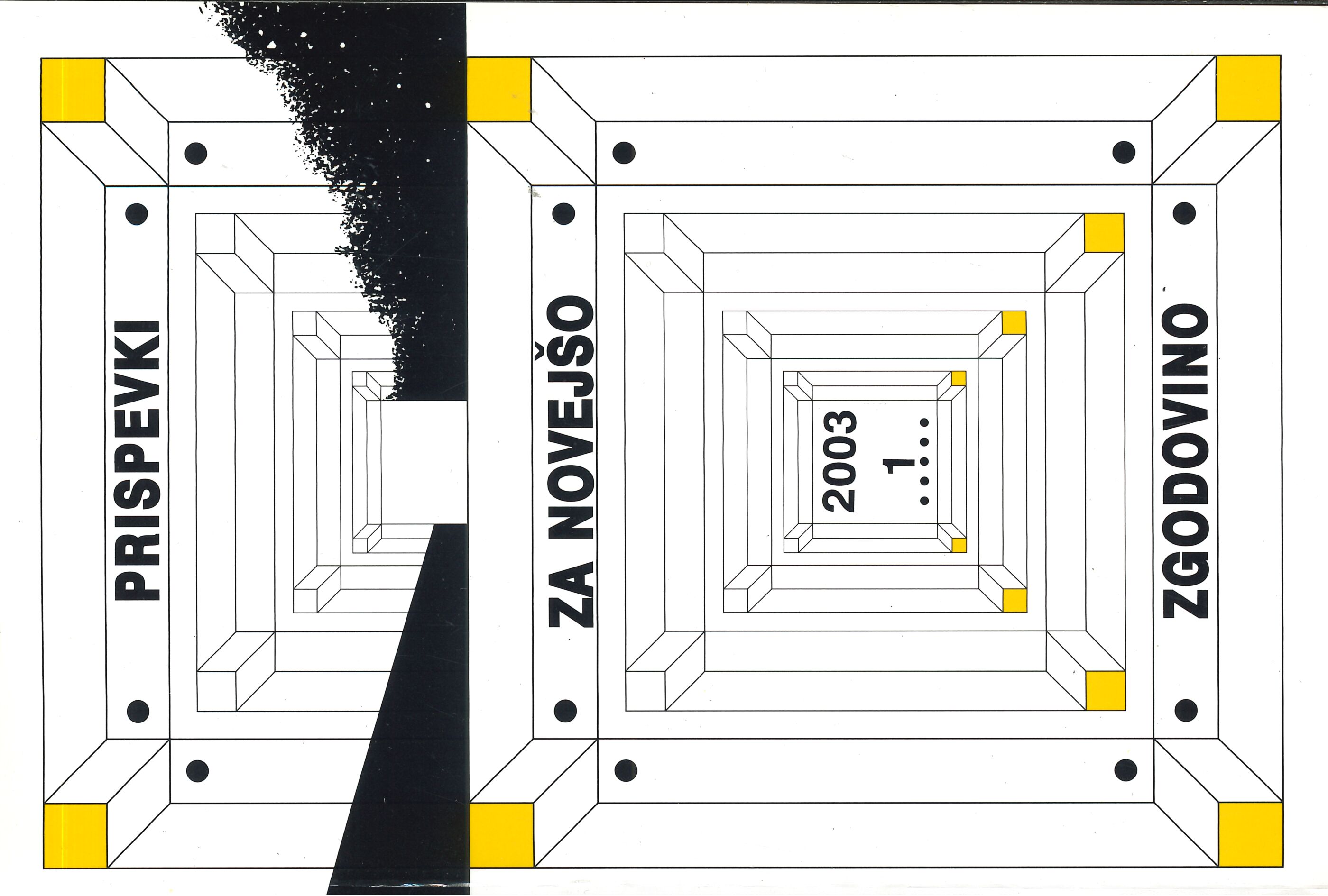Soočenje liberalnega in katoliškega tabora na volitvah v Narodno skupščino v Kraljevini SHS
Keywords:
Kingdom of the SCS, elections, political history, National AssemblyAbstract
The paper deals with the pre-electoral confrontation between the Slovene Liberal and Catholic camps at the 1923, 1925 and 1927 elections to the National Assembly of the Kingdom of the SCS. No elected Assembly ever reached the end of its four year term, as prescribed by the Constitution, which is indicative of the political instability in the country at the time. During the 1920s, the individual pre-electoral programmes of the Slovene parties varied in their emphasis. While the 1923 elections, at least in Slovenia, proved to be some kind of a referendum on the Vidovdan Constitution, the 1925 and 1927 pre-election campaigns were mainly about recapitulating the past and sharply discrediting political adversaries. All three elections were marked by the landslide victory of the Slovene People's Party. This was the only political party in Slovenia, which managed to preserve a homogenous structure and electoral body throughout the 1920s, whilst the Liberal camp often experienced internal rifts. The various government restrictions on the opposition parties during their pre-electoral campaign and even the exercise of physical violence by the state law-enforcement agencies, was each time a clear indication of the extremely conflicting relations in the country.
Downloads
Published
Issue
Section
License
Authors who publish with this journal agree to the following terms:
- Authors retain copyright and grant the journal right of first publication with the work simultaneously licensed under a Creative Commons Attribution License that allows others to share the work with an acknowledgement of the work's authorship and initial publication in this journal.
- Authors are able to enter into separate, additional contractual arrangements for the non-exclusive distribution of the journal's published version of the work (e.g., post it to an institutional repository or publish it in a book), with an acknowledgement of its initial publication in this journal.
- Authors are permitted and encouraged to post their work online (e.g., in institutional repositories or on their website) prior to and during the submission process, as it can lead to productive exchanges, as well as earlier and greater citation of published work (See The Effect of Open Access).


